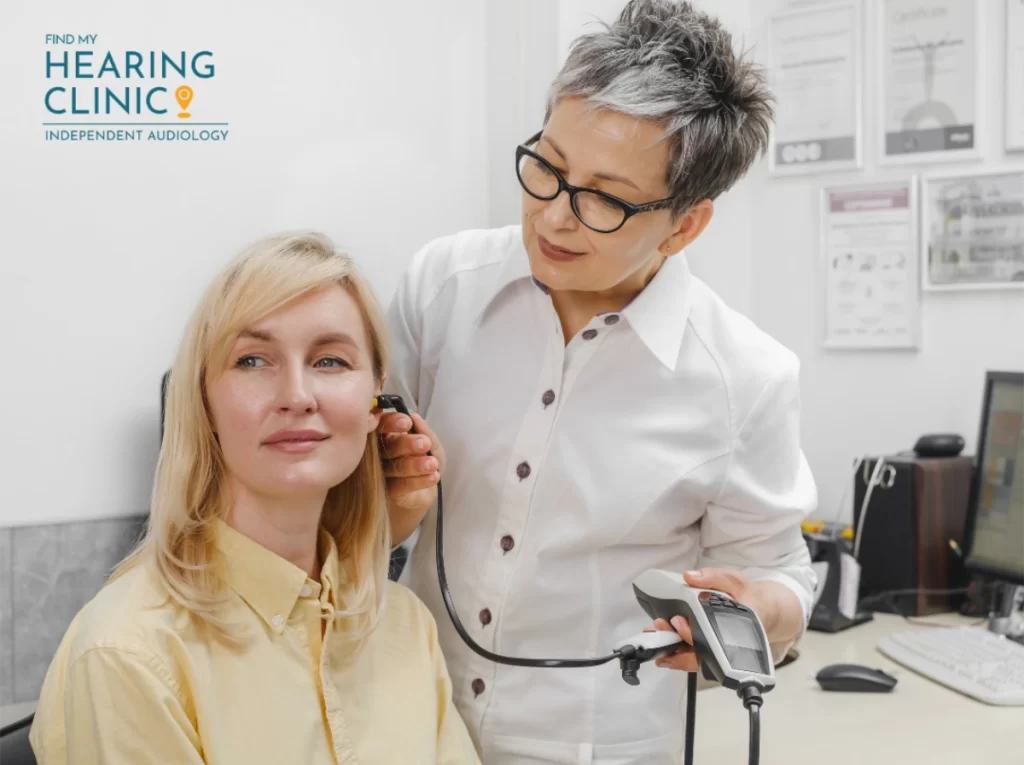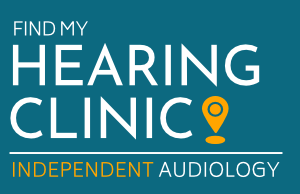Why Should Hearing Loss Be Treated?

When we first notice hearing loss, it can be tempting just to ignore it. To say “It doesn’t matter if I don’t hear everything”, or “I hear most things”, or even make fun of the situation and say “Who wants to hear everything anyway?” However, hearing loss can have a significant impact on a person’s life. We have put together this blog to give you information about why you should have your hearing tested and your hearing loss treated by your local independent hearing clinic.
It is easy to deduce that if you have a hearing loss you may not hear everything. This includes sounds in your environment, things people say, or sound coming out of a device such as a phone or television. However, hearing loss can sneak up on you, and sometimes you don’t really know how much you do not hear. Your hearing loss can then start to have effects on your life that you may not recognise.
Did you know that people with untreated hearing loss have a greater risk of falls? It can be easy to dismiss falls as something that happens as a person gets older. However, falls can have a significant impact on a person. Not only can falls cause immediate physical damage, but they can also dent a person’s self-confidence, ability to live safely at home and even trigger a downward health spiral. There are many things that can contribute to poorer balance and an increase in falls as a person gets older. Some of those are tricky to do something about, but others, such as hearing loss, can be addressed to improve your safety and decrease your risk of falls.
Hearing loss, even a mild hearing loss, can result in avoiding social situations where there is lots of noise. People with hearing loss often report that they don’t like activities in noisy places. That they are too old to be in noise. Commonly, it is that they struggle to hearing in noise which affects their enjoyment of activities they used to have fun with. This social avoidance can then lead to a loss of friendships and being disconnected.
Communication is a key part of staying connected to the people around us. To being able to hear what people are saying and participate meaningfully in conversations. When a person cannot hear, they lose this connectedness which results in social isolation. Unfortunately, this isolation can have a significant effect on a person’s mental and physical health. It can result in depression and anxiety that contributes to physical symptoms. In recent years, health professionals have become more knowledgeable about the effects of mental health on physical health so treating hearing loss to stay socially connected can help a person stay healthy.
There is also a growing body of evidence that untreated hearing loss can have a negative effect on your cognitive health. This influences a person’s ability to remember things, process information, and perform other cognitive tasks. Cognitive health is a complex part of a person’s overall health and likely to be influenced by lots of factors – some of which we have no control over. However, while the relationship between cognitive health and hearing is not yet fully understood, and research is ongoing, it is thought that treating hearing loss is good for your cognitive health. This improves quality of life and the ability to live independently.
Hearing well is an important part of communicating, staying connected to people, and staying healthy overall. While it can be easy to dismiss symptoms of hearing loss, it is not something that should be ignored. Treating hearing loss can help you maintain your quality of life as you get older and therefore it is important to see your local independent hearing clinic to have a hearing test and get treatment for your hearing loss if needed.
If you think you may have a hearing loss, the best place to start is to have a hearing test with your local independent hearing clinic. By seeing your local independent hearing clinic, not only can you be sure you will receive the best independent advice for your needs, but you are also supporting a business within your local community.
You can find your local independent hearing clinic, through Find My Hearing Clinic – Clinic Locator
